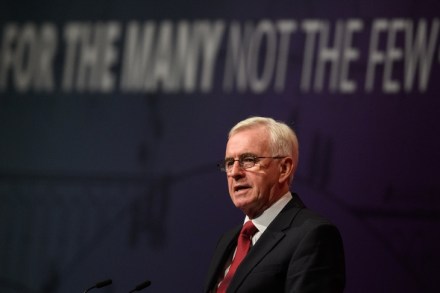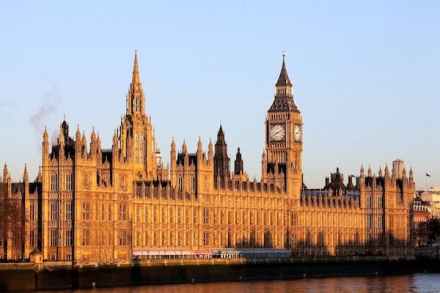Make an example of Shamima Begum
The three most popular justifications for punishment under the law all (as it happens) begin with R. They are retribution, rehabilitation and removal. But the fourth and to my mind the most important seems to have fallen rather out of public consideration. Yet that fourth, deterrence, is by far the best reason for the investigation




















